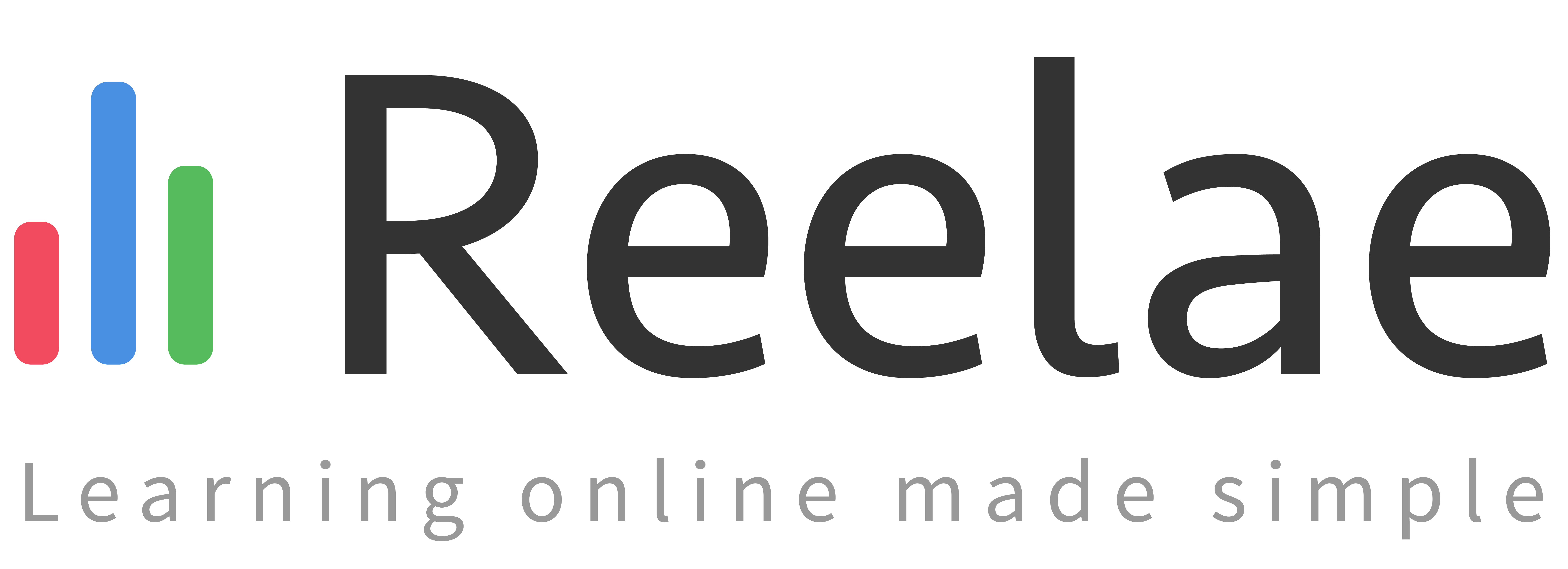The pandemic has disrupted education across the globe, as nationwide closures forced institutions, schools, and learning centres to temporarily close their doors. It is estimated that the closures affected 90% of the total student population worldwide.
Online learning emerged as a safe and viable option to continue education, as the COVID-19 pandemic turned personal and professional worlds upside down. However, even before the pandemic, the global online tuition and learning market was already seeing massive growth and is expected to reach $336.98 billion by 2026.
With remote learning suddenly the norm across the region, common myths around the supposed drawbacks should be debunked. Without further ado, we present six common misconceptions that plague the online learning industry.
Misconception #1: Online tuition replaces the classroom
Perhaps the most common misconception about online learning is the idea that it replaces the need for the classroom—and even the instructor. The truth is online tuition (like classroom facilitation) is just one learning module, among many. Learning isn’t a singular event that happens while seated in a classroom or behind the screen of an e-learning course. Learning is an ongoing process taking place over multiple events, where learners obtain knowledge and master a skill.
This can happen in different places like classrooms, online tuition through a job aid, engaging in discussions, or on the job training.
Misconception #2: Online learning is not a valid or legit path to qualification
When online classes were first offered in the late 1990s and early 2000s, many people thought the programs were easy or that they weren’t “real” degrees.
However, that has proven to be false. Online programs from reputable institutions adhere to strict academic standards and accreditation requirements. Similar to on-campus college courses, online courses from accredited universities have to meet specific criteria, curriculum, and standards. Besides, academic research suggests that there is little difference in learning standards between online and traditional classroom experiences.
Misconception #3: You don’t interact with your instructor or with other students
Students in online learning programs can regularly communicate with fellow students and faculty via email, message boards, and other interactive features available in most online learning platforms. Online faculty even offer office hours where they meet with students via phone calls, video conferencing, chat, or text messages. With the right online learning platform, you can have access to innovative, interactive spaces that further strengthen teacher-student relationships.
Misconception #4: You have to be very tech-savvy to take an online course
You do indeed need some basic technology skills, such as how to connect to the internet or navigate a browser, but in general, many of the tools and programs you will be working with have familiar aspects. Online learning platforms have centralised easy-to-use interfaces that make navigation and usage convenient and easy for the student.
Furthermore, many online courses offer various tutorials and links to help documentation, in case you have questions or run into problems. Lastly, instructors and other students are great resources to turn to for help with the activities the course requires.
Misconception #5: It is not accessible to all students
This is quite the opposite! Perhaps the greatest achievement of online education is that it is accessible to people who previously would not have been able to attend a traditional course. This includes those with busy schedules who might be juggling work and family commitments, those who live in geographically remote areas, and even those for whom travel is prohibitively difficult due to injury or disability.
With the pandemic forcing everyone indoors, this is probably the best solution to keep people safe.
Misconception #6: Employers don’t like online degrees
This may depend on the individual employer. Some employers have ideas on online education rooted in dated conceptions, as opposed to more recent developments. However, we see this perception change as employers’ support and investment in online learning. Large companies are now adopting LMS to conduct employee training, and top-tier ivy league schools are incorporating online education into their curriculum.
Online tuition is the future
Online education is a booming industry, and with other supporting technologies like data visualisation, task management, and time management apps, online learning is more convenient and effective than before. It also has the potential to revolutionise the way we think about knowledge transfer. Educators are no longer confined to the ivory tower for they are but a mouse click away, representing an exciting time for online education.
Visit our website for more information on how you can break down the misconceptions of online tuition and learning platforms.





